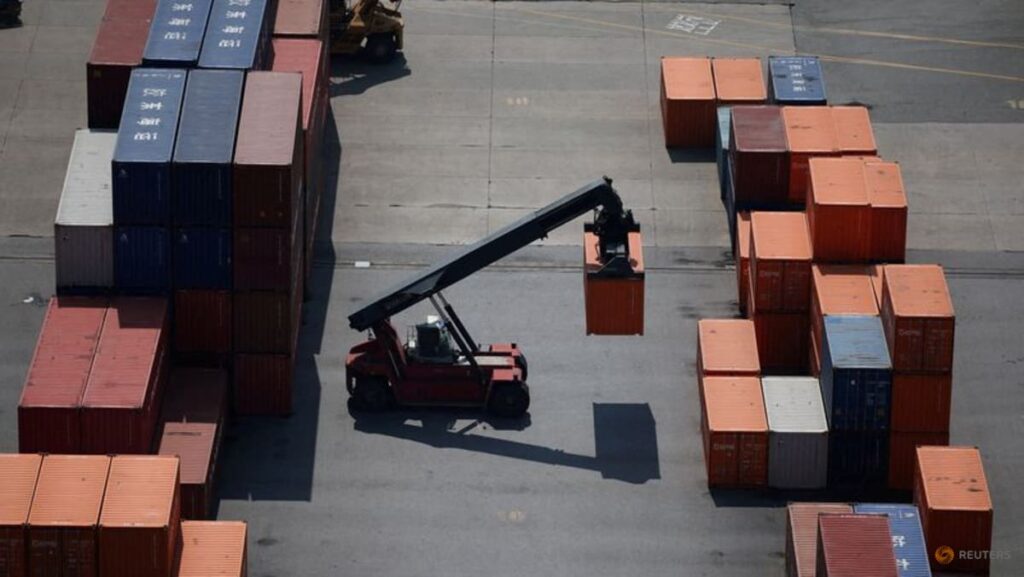ASEAN REMAINS COMMITTED TO MULTILATERAL TRADING SYSTEM
For those who continue to support the WTO’s multilateral rules system, a further concern would be whether such agreements with the US would satisfy the WTO’s exception to the Most-Favoured Nation (MFN) rule.
This rule requires that trade advantages be extended to all WTO members in compliance with non-discrimination obligations. The exception, allows, on the other hand, trade partners to negotiate preferential trade agreements between themselves if substantially all trade barriers between them are eliminated in these agreements.
The unusual birth pangs which gave rise to the agreements with the US need not necessarily render them inconsistent with WTO rules, to be treated as “illegitimate children” outside of ‘WTO-lock’. That the “deals” may not look like more traditional FTAs, too, need not be an obstacle.
As ASEAN firmly maintains its support for the multilateral trading system, its member states will need to assess if their agreements with the US are compliant with WTO rules. ASEAN is also poised to welcome its 11th member, Timor Leste, in October, and the agreements reached by other members will be instructive.
ASEAN may not have chosen to negotiate as a bloc with the US for a number of reasons, but it can still deepen its internal economic integration and further improve its regulatory and economic environment. In this way, ASEAN can present itself as a “phenomenal” (to use Mr Trump’s term) trade and investment hub not just to the US, but also to the rest of the world, while seeking to remain in compliance with multilateral and regional agreements of which it is part.
Locknie Hsu is a Professor of Law at the Yong Pung How School of Law, Singapore Management University.
Read the full article here

